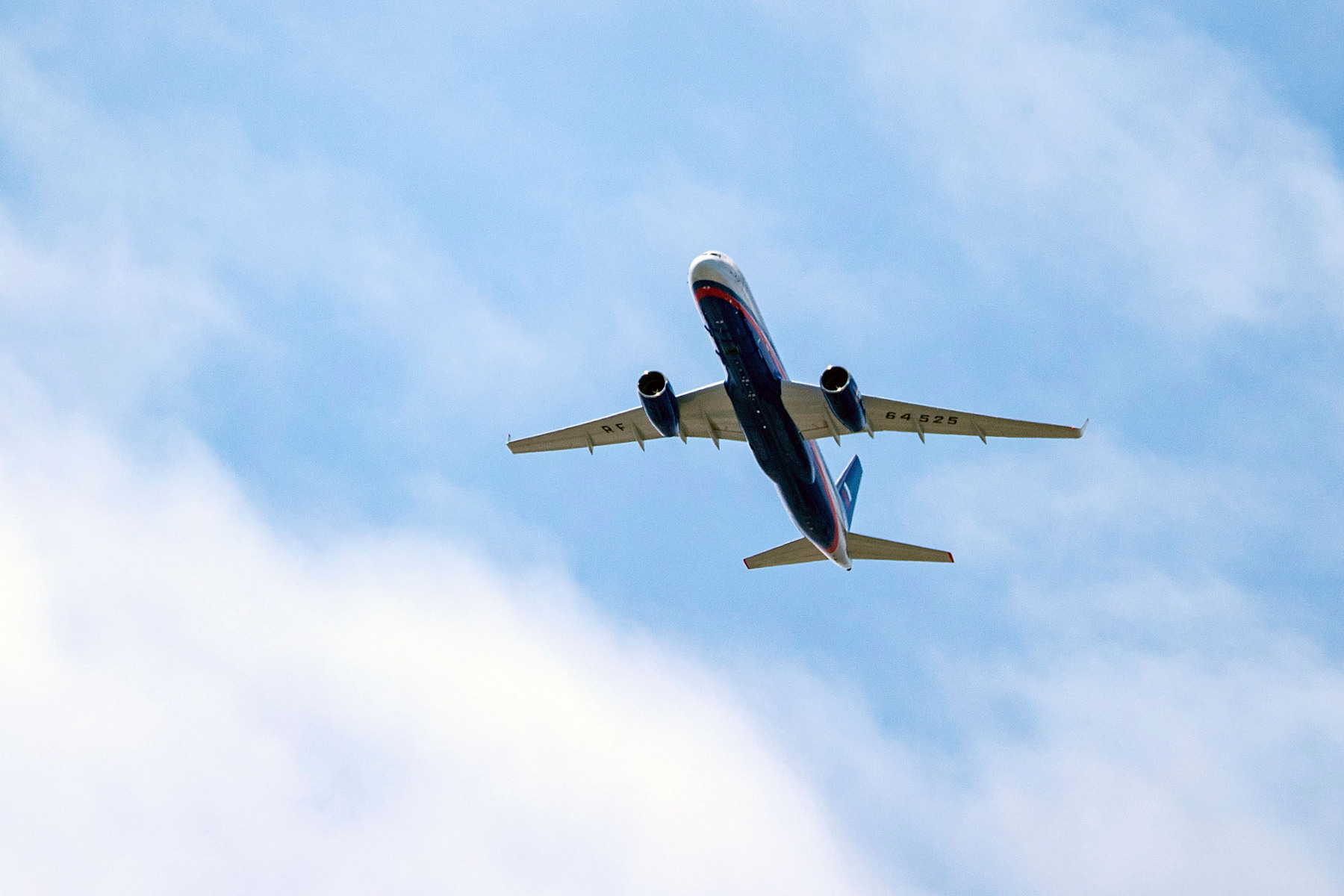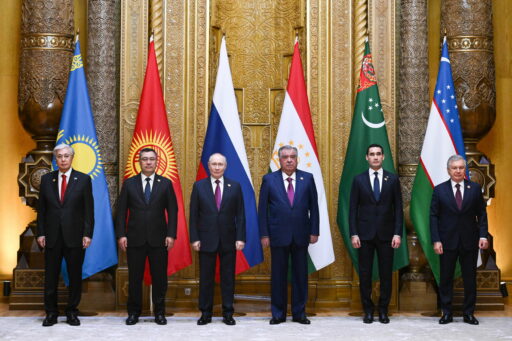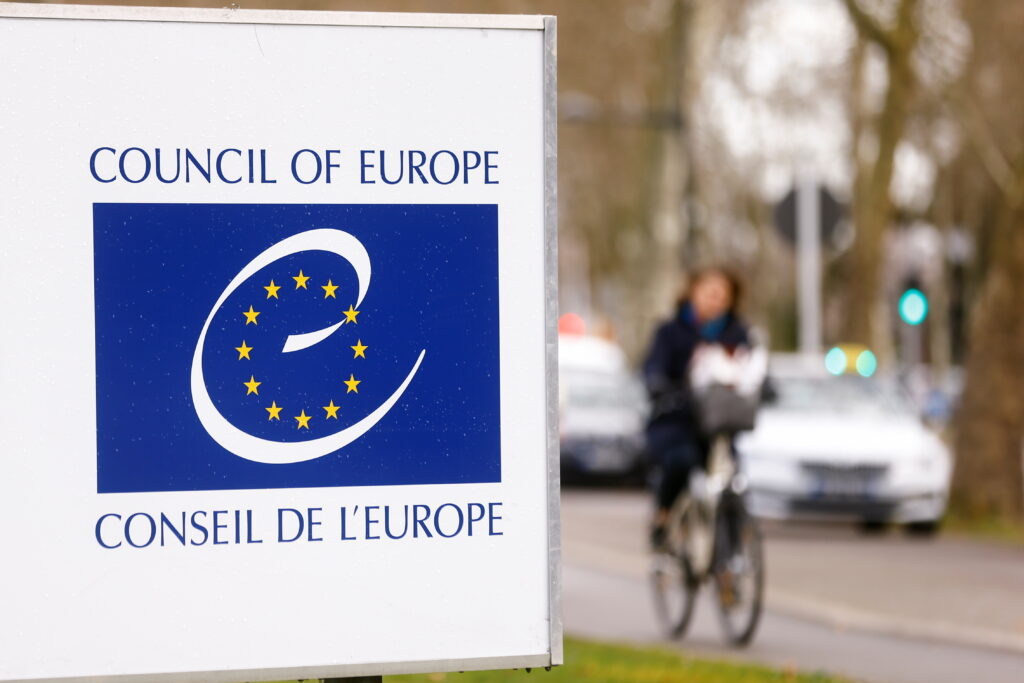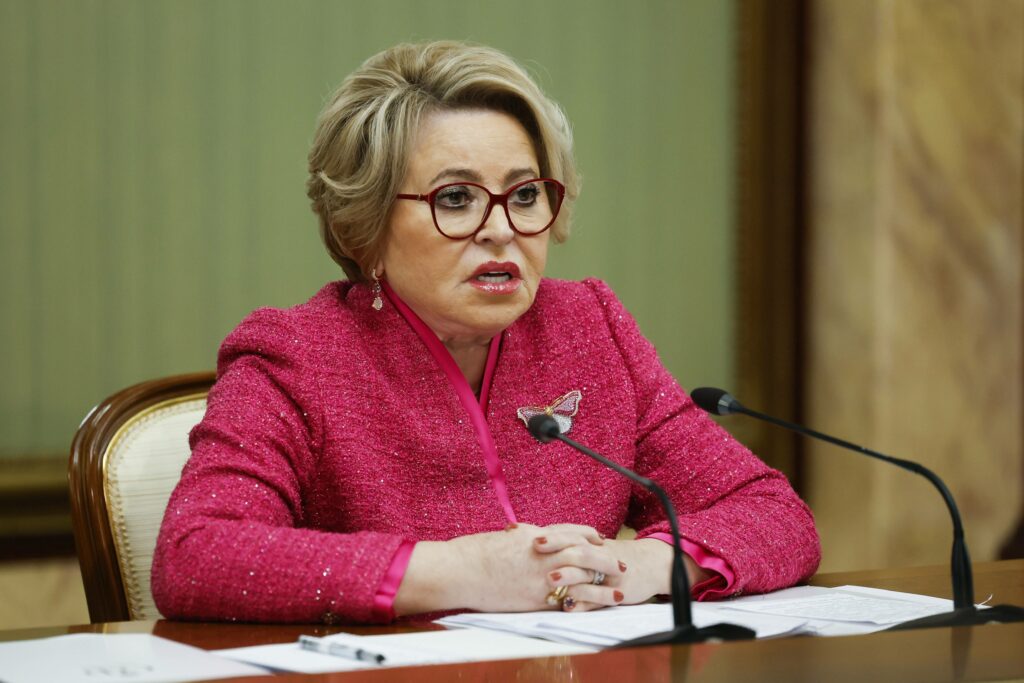Russia has announced plans to leave the Treaty on Open Skies, which allows states in Europe and North America to conduct unarmed observation flights over each other’s territory. In its official statement published on January 15, the Russian Foreign Ministry stated that it had been “authorized to declare the beginning of domestic procedures” and that “upon their completion, the respective notification will be sent to the Depositaries”, Canada and Hungary. Moscow may thus follow the United States, which had announced its withdrawal in May 2020 and eventually left the Treaty on November 22, 2020.
Officially, the U.S. justified its decision with Russian treaty violations. Russian diplomats, in turn, have repeatedly pointed out Moscow’s concerns about illegitimate data sharing among NATO member states. They assume that European State Parties will continue to share imagery from flights over Russia with Washington. Hence, in July, Deputy Foreign Minister Sergey Ryabkov stated that Russia would need “solid guarantees” from U.S. allies. At the five-year Review conference of the Treaty in October, he corroborated this position, arguing that Moscow had approached the State Parties with the proposal to exchange diplomatic notes in order to confirm their mutual commitments in a legally binding form.
In November, Foreign Minister Lavrov even accused the U.S. of forcing allies to file authorization requests for Russian flights over Europe. He also suggested Washington would not be willing to allow flights over U.S. military installations. Thus, in his opinion, the remaining member states would need to guarantee full territorial access as well. From the beginning, the remaining State Parties believed these demands to be unnecessary and spurious. They argue the Treaty already provides both guarantees, to which they are committed as signatories.
Indeed, the Treaty text stipulates that the sensor output from observation flights “shall be used exclusively for the attainment of the purpose of the Treaty.” A decision by the Open Skies Consultative Commission (OSCC, 9/02) reiterates this provision, adding that the data “shall be considered sensitive information”. Member states are obliged to ensure the security of these data adopting appropriate measures. The Treaty also knows practically no territorial limitations for the conduct of overflights.
Nonetheless, Russian concerns are not completely unfounded. At present, the Treaty does not prohibit the transfer of data to non-members expressis verbis. Nor is it technically possible to fully prevent data proliferation. On the other hand, Poland in the past allegedly denied one flight leg over the U.S. missile defense system at the Redzikowo Air Base. Although Russia eventually conducted the flight later, the incident arguably strengthened the position of Treaty critics in Moscow.
In November, Moscow changed its approach. Instead of waiting for positive responses to its demands, it submitted a formal draft to amend decision 9/02 about data security within the OSCC. According to the Head of the Russian Delegation in Vienna, Konstantin Gavrilov, the draft contains language that explicitly prohibits data transfer to third parties. Although many State Parties remained skeptical of its necessity, they agreed to consultations, which were set to continue at the next ordinary OSCC meeting on January 25, 2021.
Just before Christmas, however, the Russian Foreign Ministry unexpectedly issued an ultimatum. The diplomatic note called upon all State Parties to confirm in advance in a legally binding form their agreement with the Russian draft decision and state their readiness to accept Russia’s earlier demands, setting January 1, 2021 as a deadline. Otherwise, Russia would initiate the withdrawal procedure from the Treaty. Whether deliberate brinkmanship or just window-dressing to shift the blame, the harsh tone of the letter did not help mitigate the conflict.
In a joint letter to Moscow on December 30, 2020 Foreign Ministers from 16 State Parties, including Germany and France, stated their “surprise” about the Note and declined to accept its conditions. Instead, they offered to convene an extraordinary session of the OSCC but otherwise proposed to continue discussions in January as originally planned. Although the ultimatum passed without any reaction from Russia, it affirmed its change of opinion: the withdrawal decisions contrast with Moscow’s long-term strategy in terms of the importance it assigned to the Open Skies Treaty.
In recent years, Russia has invested heavily in its own Open Skies missions. It acquired a modern long-range aircraft (Tu-214ON) and pushed the modernization process by becoming the first State Party to use digital-optical sensors. Russia also continues to use almost all of its allotted flight quotas and for 2021 decided to re-distribute its previously US-bound flights over Europe. The present decision, therefore, seems to be the result of the weighing of different concerns among various stakeholders within the Russian government. Treaty skeptics within the leadership, who appear to include President Putin, prioritize the strategic conflict with the United States rather than confidence and security building measures with Europe (and Canada).
The policy of the new Biden administration could thus become a factor in determining Russia’s position. On the one hand, President Biden has criticized the withdrawal decision of the Trump administration and emphasized the importance of allies and multilateral agreements. On the other hand, he has stopped short of promising to re-join the Treaty. He will also face several more challenges in the first weeks in office. Most of them carry more political weight than Open Skies, including the possible extension of the New START Treaty. A formal U.S. return to Open Skies would need a two-thirds majority in the Senate, which is unlikely; but a comprehensive package deal with Congress on arms control could possibly also include a compromise on the Open Skies Treaty. In any case, a return of the U.S. to the Treaty would dissolve Russian concerns about data transfer.
In the meantime, the Russian domestic procedure for withdrawal requires legislation and State Duma approval, which is likely to take several weeks. Even if Russia does withdraw, it will remain a Treaty member until late July 2021 with all rights and obligations, because the notification to the Depositaries needs to be provided “at least six months in advance” as specified by the Treaty. In theory, Moscow could also opt to extend this time to seven or more months, however. The remaining State Parties should use this time to engage Russia in further negotiations and try to find a political solution against all odds.










